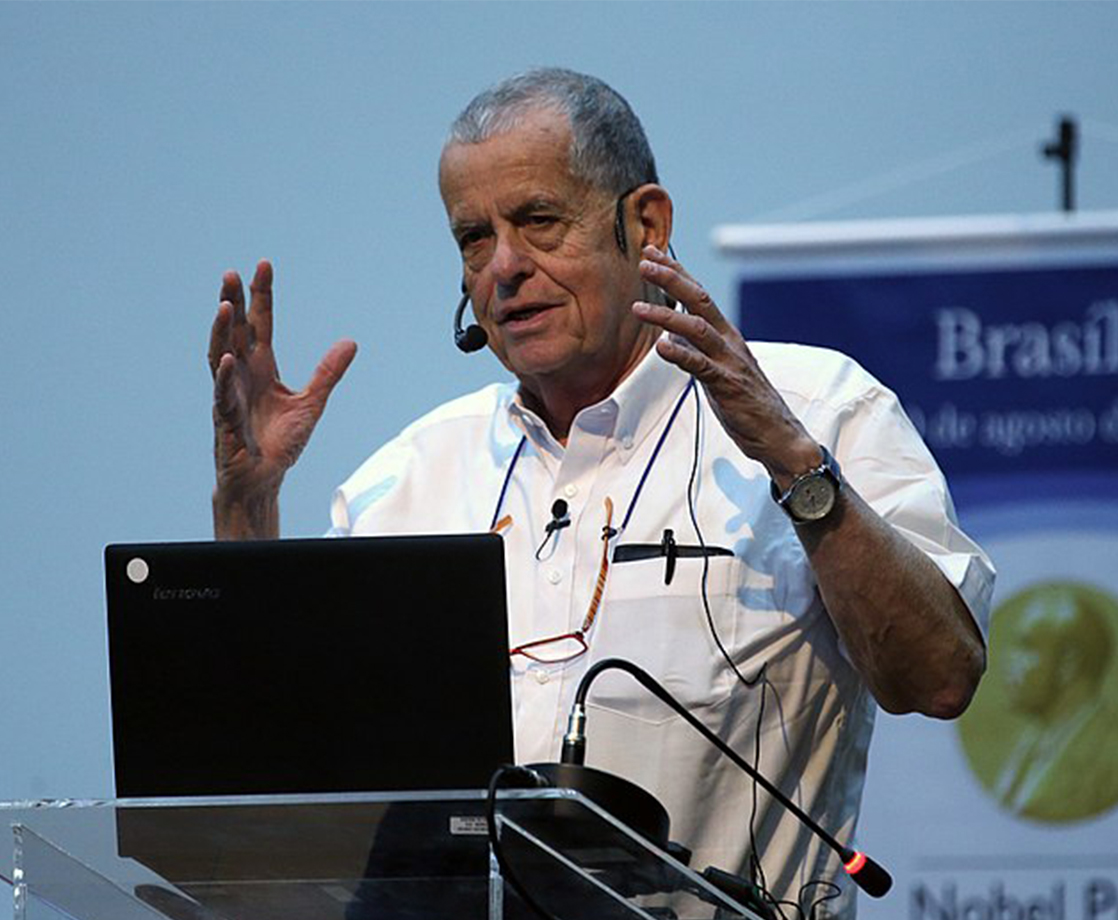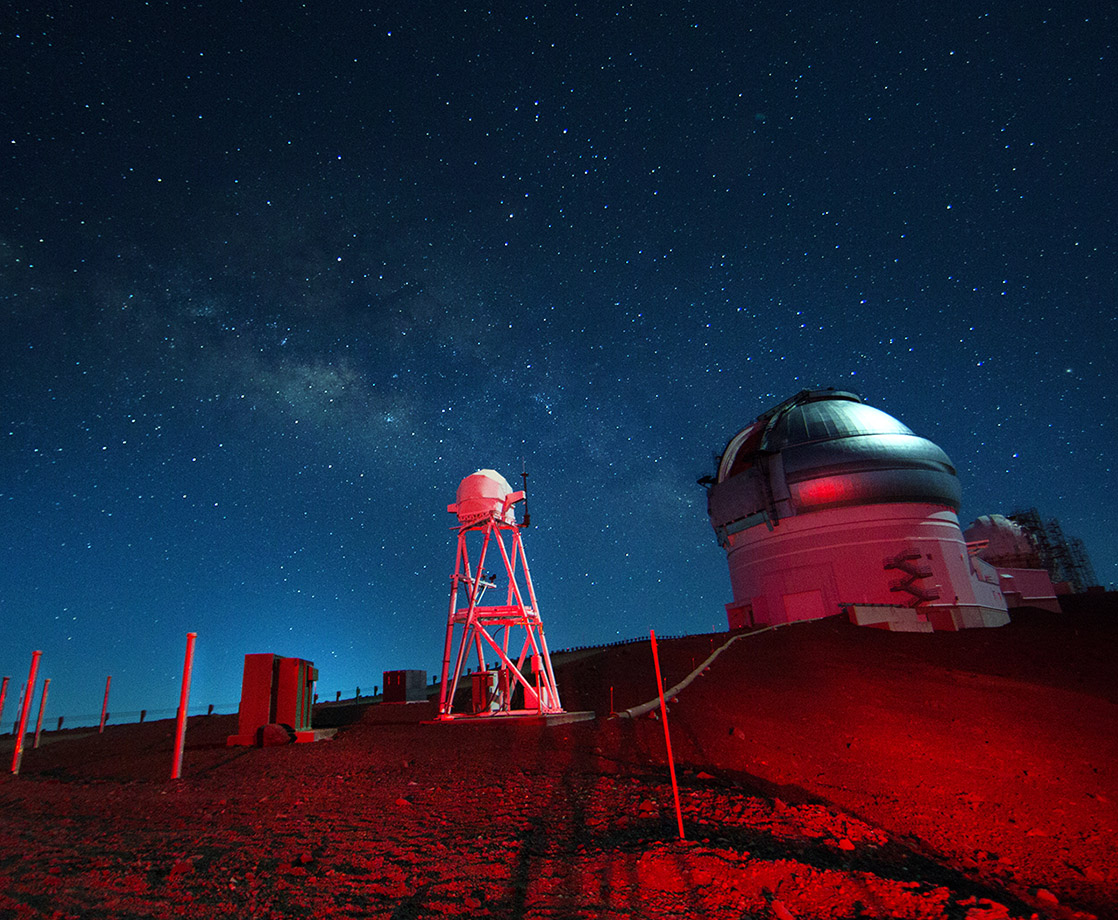Professor Aaron Ciechanover may be gracing headlines as the Nobel laureate recently hired by Israel’s top pot producer, Panaxia Pharmaceuticals, but he’s trying to stay humble.
“I don’t think the Nobel Prize adds anything to my scientific-medical abilities; it has no magic or super-powers,” he told Javier Hasse at Forbes. With his biological know-how, he hopes to help the company advance its medical weed research.
“This is the only way I know to be free of mysticism, and offer patients suffering from a wide range of medical conditions — some of which we have yet to discover — a real therapeutic treatment based on medical cannabis,” Ciechanover said.
In February, Panaxia announced Ciechanover would join their board. While there, he’ll be working alongside his former research partner, Avram Hershko, one of Israel’s leading weed scientists.
Ciechanover and Hershko shared the 2004 Nobel Prize in Chemistry with Irwin Rose. In the 1980s, the three scientists figured out how ubiquitin, a medically important protein, breaks down other proteins and recycles them.
With the two Nobel-Prize-winning heavyweights on its board, Panaxia expects it will remain Israel’s leader for cannabis medications. The company already manufactures 90 percent of the nation’s medical weed products.
Ciechanover and Hershko aren’t the only Nobel laureates to get behind legal cannabis. In 2016, Colombia’s President and 2016 Nobel-Peace-Prize recipient Juan Manuel Santos signed an order that effectively legalized medical marijuana in his country.
Former US President and Nobel Peace Prize Winner Barack Obama, also publicly gave his support to legal weed in 2016. But unlike Santos, Obama left legalization in the hands of a Republican-led Congress (which made zero cannabis reforms then). Two years later, after leaving office, he claimed that he once got kicked out of Disneyland for smoking a “cigarette.”
Follow Randy Robinson on Twitter











